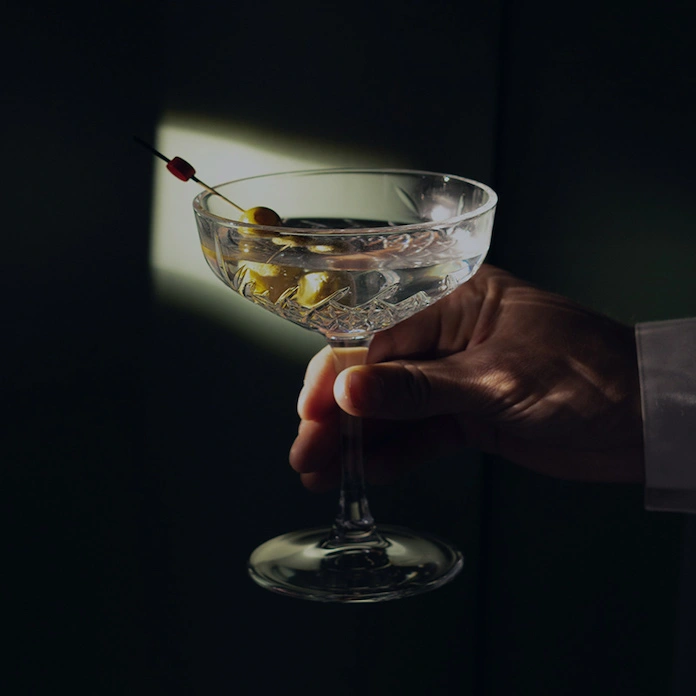If Huna had been alive in 2019, she may have been very busy at that fountain.
It was a hot, dry year with cold nights and just enough rain in August, allowing the grapes to strike a stunning balance between lush richness and electric freshness. It is also an exciting moment on the Trimbach family timeline — it was Julien Trimbach’s very first vintage making wine. (Julien has been preparing to take up the reins from his uncle, current winemaker Pierre Trimbach, who just celebrated his 45th vintage in 2024).
When critic James Suckling tasted the centennial release of Clos Sainte Hune in July 2021, he wasn’t mincing words before scoring it a perfect 100 points:
“The greatest Clos Ste. Hune ever? The beauty and elegance of this very youthful Alsace dry riesling masterpiece are literally breathtaking. Very subtle white-peach character, great concentration, and such finesse at the extremely long, precise finish.”
Similarly, Vinous’s Anne Krebiehl MW, scored the 2019 98 points (“The finish is like a cooling, intense, ethereal balm.”) and The Wine Advocate, 94 points (“Powerful, intense and enormously complex on the palate, this is a concentrated, tightly knit yet also juicy and sustainably salty Riesling icon with grainy tannins. Very promising.”).
“This is still very much a young wine, but it is already destined for greatness,” says Polina Burns CSW, senior brand manager for Palm Bay International. “Like all Clos Sainte Hune wines, the 2019 has decades ahead of it. This is definitely something collectors are going to want to have in their cellars.”
Vintages aside, Clos Sainte Hune is a regular on “Top” lists, with a sphere of influence somewhere up in the stratosphere of winedom. Not only is it the No. 1 riesling on top of one-, two-, and three-star Michelin restaurants (Somm.ai 10/18/2023), but it was also named “The Most Wanted Riesling in the World” by wine-searcher.com in March 2023.













